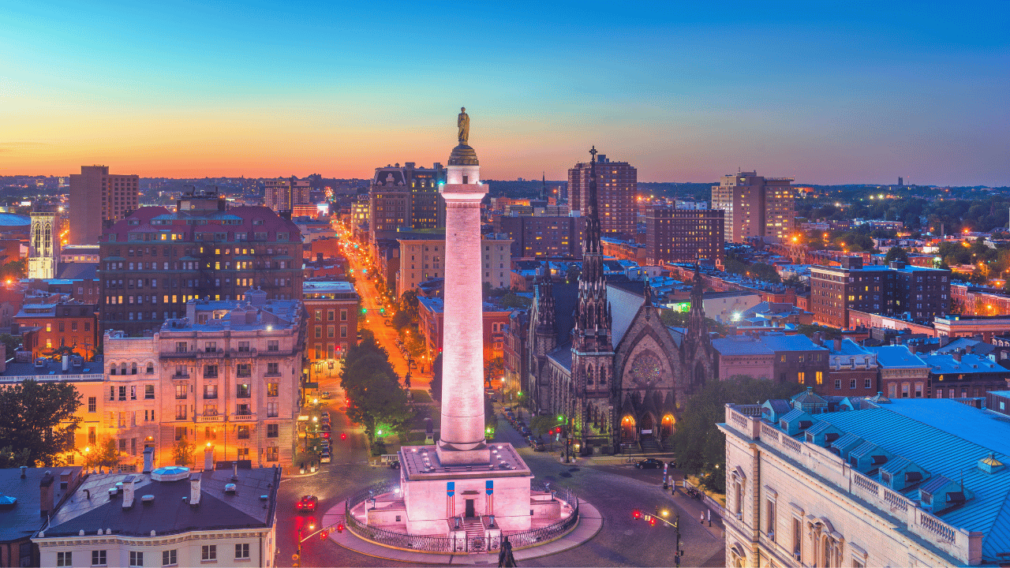Maryland Lawmakers Push to Expand Fantasy Sports Betting Options
Maryland legislators are considering an update to the state’s fantasy sports laws, which could give players new ways to compete. Bills SB 470 and HB 484 aim to clarify regulations, introduce new contest formats, and strengthen consumer protections in the fantasy sports industry.

Redefining Fantasy Sports Contests
One of the most notable changes under SB 470, introduced by Senators Jim Rosapepe and Paul Corderman, is the legalization of operator-run fantasy contests.
Currently, Maryland law only permits player-vs-player competitions, meaning all participants must compete against other users rather than the platform itself.
If passed, SB 470 would allow two types of contests:
- Traditional fantasy sports competitions, where players manage virtual teams and compete against others based on real-life stats.
- Player-vs-operator contests, where individuals compete against pre-set statistical benchmarks rather than other users.
This proposal comes after state regulators previously blocked operator-run contests, prompting the push for legislative action.
Consumer Protections and Self-Exclusion Measures
Alongside SB 470, HB 484, introduced by Delegate Eric Ebersole, takes a broader approach. While it includes similar contest format changes, it also focuses on consumer protection by creating a self-exclusion program for individuals struggling with gambling addiction.
Under this bill:
- The Maryland Lottery and Gaming Commission would manage a statewide self-exclusion list, allowing players to voluntarily ban themselves from fantasy contests.
- Operators would be required to block excluded individuals from participation and withhold winnings from anyone on the list.
- The bill also updates the definitions of “fantasy contest,” “sports event,” and “sports wagering” to ensure clarity in Maryland law.
Future Outlook
Beyond fantasy sports, Maryland lawmakers are also considering a major expansion of online gambling through two additional bills—SB 340 and HB 17. These measures focus on legalizing online casino gaming, including poker, blackjack, and slots.
Key points of SB 340 and HB 17:
- Online casino licenses would be limited to existing land-based casinos and sportsbook operators.
- A 47% tax rate on gross gaming revenue—one of the highest in the country—would be imposed.
- Revenue would primarily fund public education and state programs.
- Live dealer games would be streamed from studios located in Maryland, ensuring local job creation.
- A statewide referendum in 2026 would determine whether online casinos become legal.
For those interested, check out our full breakdown of SB 340 and HB 17.
Recommended
